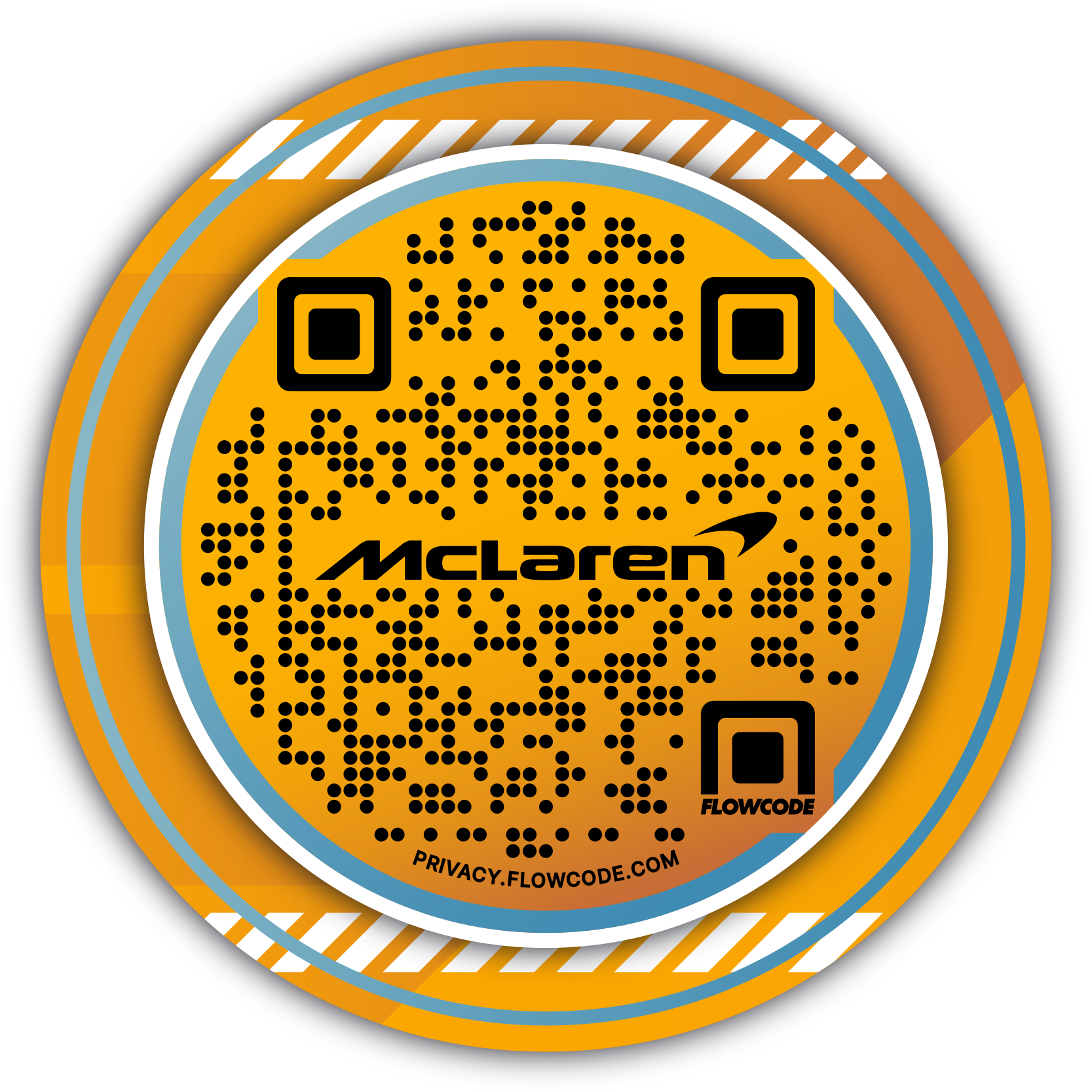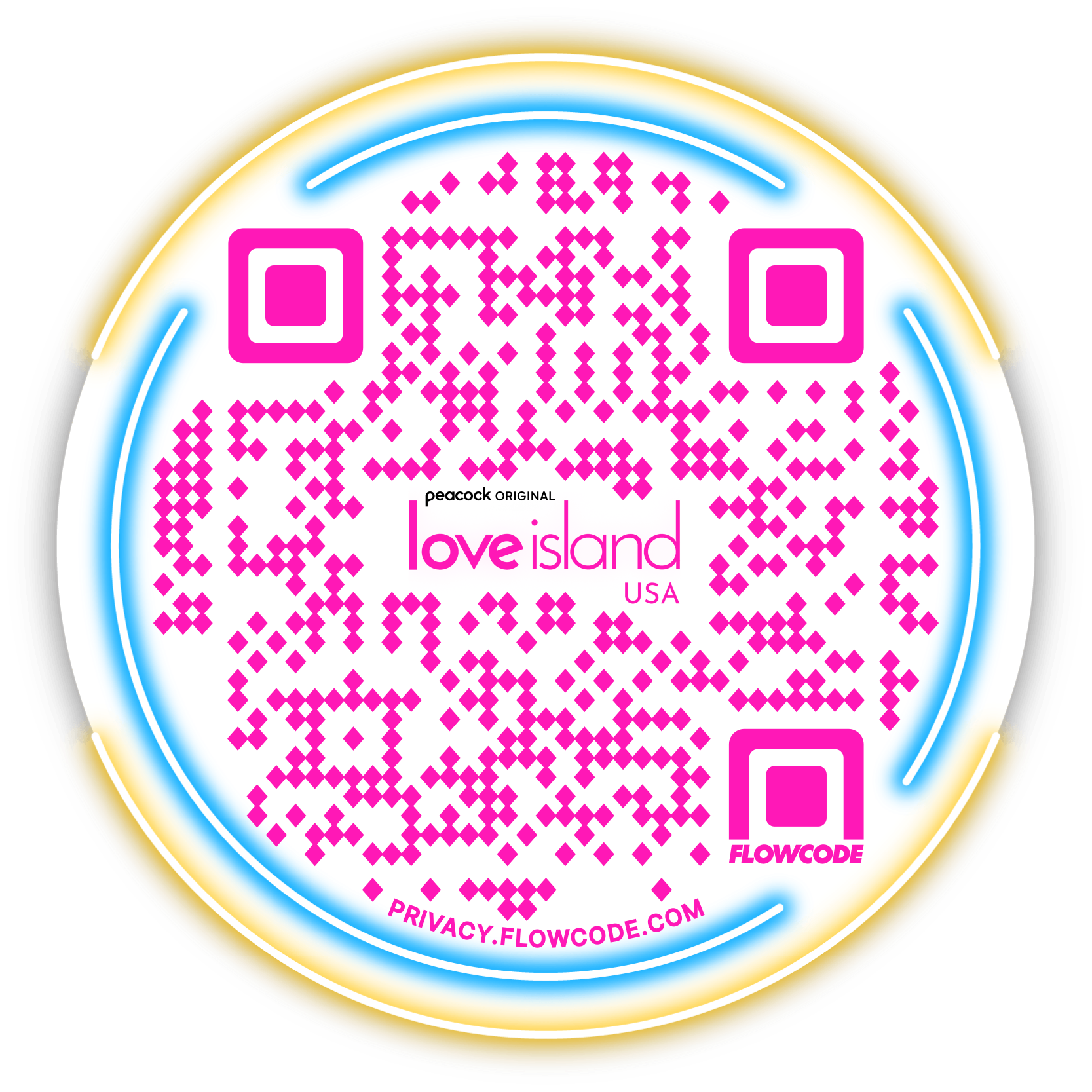
Unlocking Secure Efficiencies with SSO Compliance

Imagine having a master key that unlocks all the doors to your digital spaces. No, this is no magic. In fact, you probably know it by name, as Single Sign-On (SSO).
While the convenience of a unified access system is undeniable, it also brings to light the cyber security measures required to safeguard sensitive information. Because when digital identities are truly as valid as physical ones, the complexity of password policies across various applications often varies, demanding a meticulous approach to security management within any organization.
So how can your organization ensure SSO security is up to snuff? Compliance. And while that may sound simple, there’s a bit more to it. So let’s get into it.
What exactly is Single Sign-On (SSO)?
SSO stands for Single Sign-On, a user authentication process that allows individuals to access multiple applications with one set of login credentials (i.e. username and password). It’s a particularly beneficial method in environments where users have to interact with various systems and services.
By simplifying the management of user access and passwords, SSO can actually enhance security while also significantly improving the user experience. In truth, aren’t we all experiencing some password fatigue?
How Flowcode is compatible with SSO
Flowcode is compatible with SSO through integration with various identity providers such as Azure, OKTA, Google, and Auth0. This support allows users to authenticate and access the Flowcode platform seamlessly using their existing organizational credentials.
Going deeper into SSO compliance
SSO compliance encompasses adhering to security standards and regulations during the implementation of SSO systems. Importantly, this ensures the protection of user identities and credentials. Plus, it’s crucial for maintaining the integrity and security of an organization’s data management practices.
Taking these measures also endows some internal and external benefits. For one, security across the board vastly improves. SSO frameworks like SAML 2.0, OAuth, SCIM, and OpenID Connect secure the communication of user access and provisioning information through signed assertions, rather than merely storing usernames and passwords. With such an approach, you cover the potential security vulnerabilities associated with inactive user accounts. And that’s an all-too common issue that can both escalate IT costs and complicate compliance audits.
Then, there’s also the user experience. SSO offers secure, one-click access to their applications, eliminating redundant sign-on procedures.
More specifically, those adhering to SSO compliance can enjoy following:
Regulatory compliance: SSO helps organizations meet the requirements of various regulations, such as the Sarbanes-Oxley Act (SOX), which mandates documented IT controls to protect data, and the Health Insurance Portability and Accountability Act (HIPAA), which requires user authentication and audit controls.
Reducing password mismanagement: With SSO, organizations can eliminate weak passwords–a frequent side effect of password fatigue. Thereby, SSO decreases the burden on IT support for password-related issues.
Secure authentication enhancements: By integrating SSO with supplementary authentication methods like SMS/email OTPs, hardware tokens, or biometric systems, enterprises can further reinforce their application access.
Why is SSO compliance so essential?
Here’s another way to look at SSO security. Incorporating a comprehensive SSO solution reduces the overall attack “surface area” by limiting the number of credentials users need. That translates to minimizing phishing risks. Furthermore, it prevents the misuse of stolen credentials. Security gets a big boost too through layers such as MFA and conditional access policies.
SSO compliance is designed to ensure that the implementation of SSO systems within an organization adheres to established security standards and regulations. And with that, comes certain requirements, such as the following:
- Security measures: Implementation of robust authentication mechanisms, such as two-factor authentication (2FA), to bolster the security health of an SSO system.
- Data protection: Compliance with data protection laws by encrypting data transmissions and safeguarding personal information.
- Audit and monitoring: Maintenance of in-depth logs and monitoring access to promptly identify and address potential security threats.
- Regulation-specific requirements: Fulfillment of specific industry standards or regulatory requirements, such as those set by PCI DSS for payment systems.
Flowcode X SSO X enterprise security
Having a master key, or digital fingerprint, makes perfect sense. But just as you would only trust certain entities with your physical fingerprints, the same caution, if not more, applies to your digital keys.
This is where Flowcode shines as a trusted provider. With our advanced, secure QR technology, you can fully trust that digital interactions are convenient—but also supremely secure. After all, Flowcode is known for bringing the highest levels of security, efficiency, and compliance, all wrapped up in one powerful, user-friendly solution.


































.png)

















.png)




.png)

.png)






.png)


.png)
.png)
.png)

.png)

%20copy%203.png)






.png)



